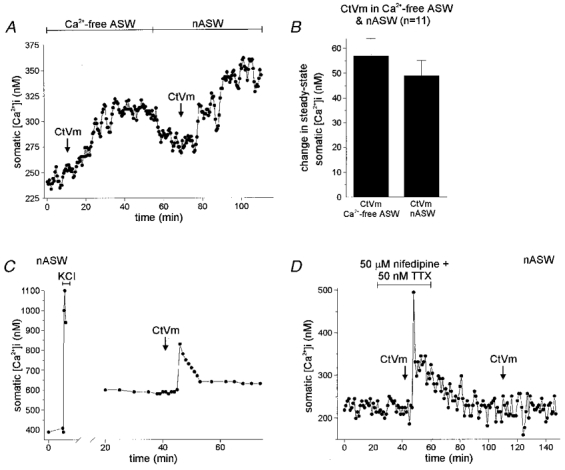Figure 5. Ca2+ influx through a pathway distinct from voltage-dependent Ca2+ channels causes refractoriness.

A, CtVm application in Ca2+-free ASW followed by application in nASW. When 100 μg ml−1 CtVm was applied first in Ca2+-free ASW, the somatic [Ca2+]i rose by ∼60 nM. Upon wash in nASW, the Ca2+ levels dropped somewhat, and when CtVm was introduced a second time, the [Ca2+]i increased again by ∼75 nM. B, grouped data for CtVm in Ca2+-free and nASW experiments (n = 11), demonstrates that a lack of extracellular Ca2+ during the first CtVm response results in somatic [Ca2+]i elevation during the second CtVm exposure. C, Ca2+ influx produced by KCl depolarization in nASW does not result in refractoriness to CtVm. Application of 60 mM KCl resulted in a rapid and marked rise in [Ca2+]i, from a baseline of ∼400 nM to a peak of ∼1100 nM. Following wash in nASW and recovery to a new steady state of ∼600 nM, 100 μg ml−1 CtVm was applied and elicited an ∼225 nM peak increase in [Ca2+]i. Thus, the influx of Ca2+ through voltage-dependent Ca2+ channels during the KCl exposure did not make the neurone refractory to CtVm-induced [Ca2+]i elevation. This is representative of three such experiments. Parenthetically, this particular neurone was a rare example where KCl depolarization resulted in a significant shift in baseline [Ca2+]i. However, the subsequent CtVm-induced [Ca2+]i increase shows that elevation of the baseline [Ca2+]i to higher than normal levels does not effect the neurone's response to CtVm. D, block of Ca2+ and Na+ channels does not prevent refractoriness to CtVm-induced [Ca2+]i elevation. In nASW, a bag cell neurone was exposed to both 50 μM nifedipine and 50 nM TTX, to block Ca2+ and Na+ channels, respectively. Application of 100 μg ml−1 CtVm resulted in an elevation of [Ca2+]i from a baseline of ∼225 nM to a peak of ∼500 nM and a plateau of ∼325 nM. The bath was exchanged with fresh nASW, and ∼40 min later, CtVm was applied a second time, but did not result in a significant change in [Ca2+]i.
